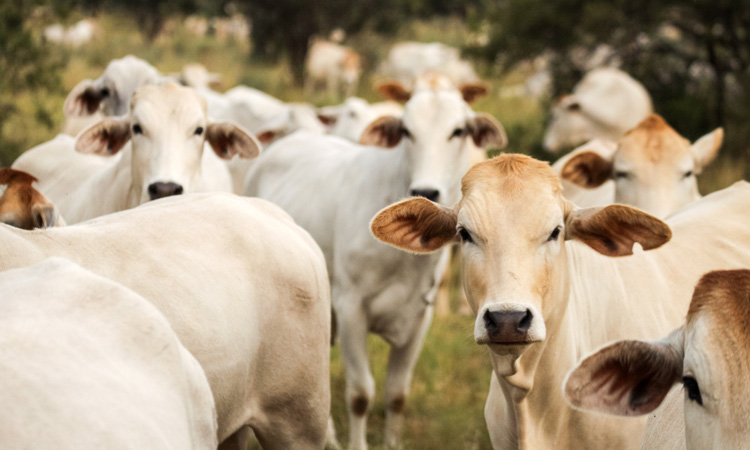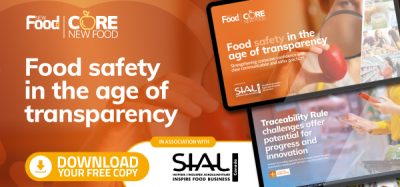Animal farming “single most risky human behaviour,” warns ProVeg report
- Like
- Digg
- Del
- Tumblr
- VKontakte
- Buffer
- Love This
- Odnoklassniki
- Meneame
- Blogger
- Amazon
- Yahoo Mail
- Gmail
- AOL
- Newsvine
- HackerNews
- Evernote
- MySpace
- Mail.ru
- Viadeo
- Line
- Comments
- Yummly
- SMS
- Viber
- Telegram
- Subscribe
- Skype
- Facebook Messenger
- Kakao
- LiveJournal
- Yammer
- Edgar
- Fintel
- Mix
- Instapaper
- Copy Link
Posted: 17 July 2020 | Sam Mehmet (New Food) | No comments yet
The report has called for urgent changes to the global food system in order to prevent future outbreaks such as COVID-19.


Antibiotic use in US cattle is around seven time higher than in the UK, according to the report.
There is a fundamental and often-overlooked connection between pandemics such as the current COVID-19 crisis and the world’s animal-based food system, according to the new Food & Pandemics Report, produced by ProVeg International.
The report has identified the eating and farming of animals as the “single most risky human behaviour” in relation to pandemics, drawing support from inside the UN Environment Programme (UNEP).
“The ProVeg report clearly demonstrates the connection between industrial animal production and the increased risk of pandemics. Never before have so many opportunities existed for pathogens to jump from wild and domestic animals to people,” said Dr Musonda Mumba, Chief of the Terrestrial Ecosystems Unit of the UNEP.
The report claimed that dietary choices and the global food system are the key drivers of zoonoses (diseases such as COVID-19, which are transmitted from non-human animals to humans) in three mutually reinforcing ways:
- Through the destruction of animals’ natural habitats and loss of biodiversity, driven largely by animal agriculture
- Through the use of wild animals as food
- Through the use of farmed animals as food in intensified animal agriculture.
Jens Tuider, International Director of ProVeg International, and lead author of the report, said: “The recipe for disaster is surprisingly simple: one animal, one mutation, one human, and a single point of contact. We don’t yet know the full story about the emergence of COVID-19, but there is no uncertainty regarding swine flu and avian flu: those viruses evolved on factory farms, where conditions are perfect for the evolution and transmission of viruses, as well as for the development of antimicrobial resistance. Factory farms are perfect breeding grounds for future pandemics.
“There are so many reasons to move away from intensively farming animals – to tackle the climate crisis, to protect the environment, to combat antibiotic resistance, to protect our health, and for the welfare of animals. But mitigating the risk of the next pandemic, which could have an even more devastating impact than COVID-19, is perhaps the most persuasive reason of all. Science clearly supports this, but is there enough political will?”
The report also shined a light on climate change, which it said increases the risk of future pandemics and antimicrobial resistance, as well as COVID-19’s impact on slaughterhouse workers.
Dr Mumba, in response to recent COVID-19 outbreaks at meat-processing plants around the world, noted: “We have also seen in the last few months how industrial animal-production spaces have been spaces for the spread of COVID-19. Clearly this provides another opportunity for a rethink of our food systems as they relate to pandemics.”
Related topics
COVID-19, Environment, Food Safety, Health & Nutrition, Outbreaks & product recalls









